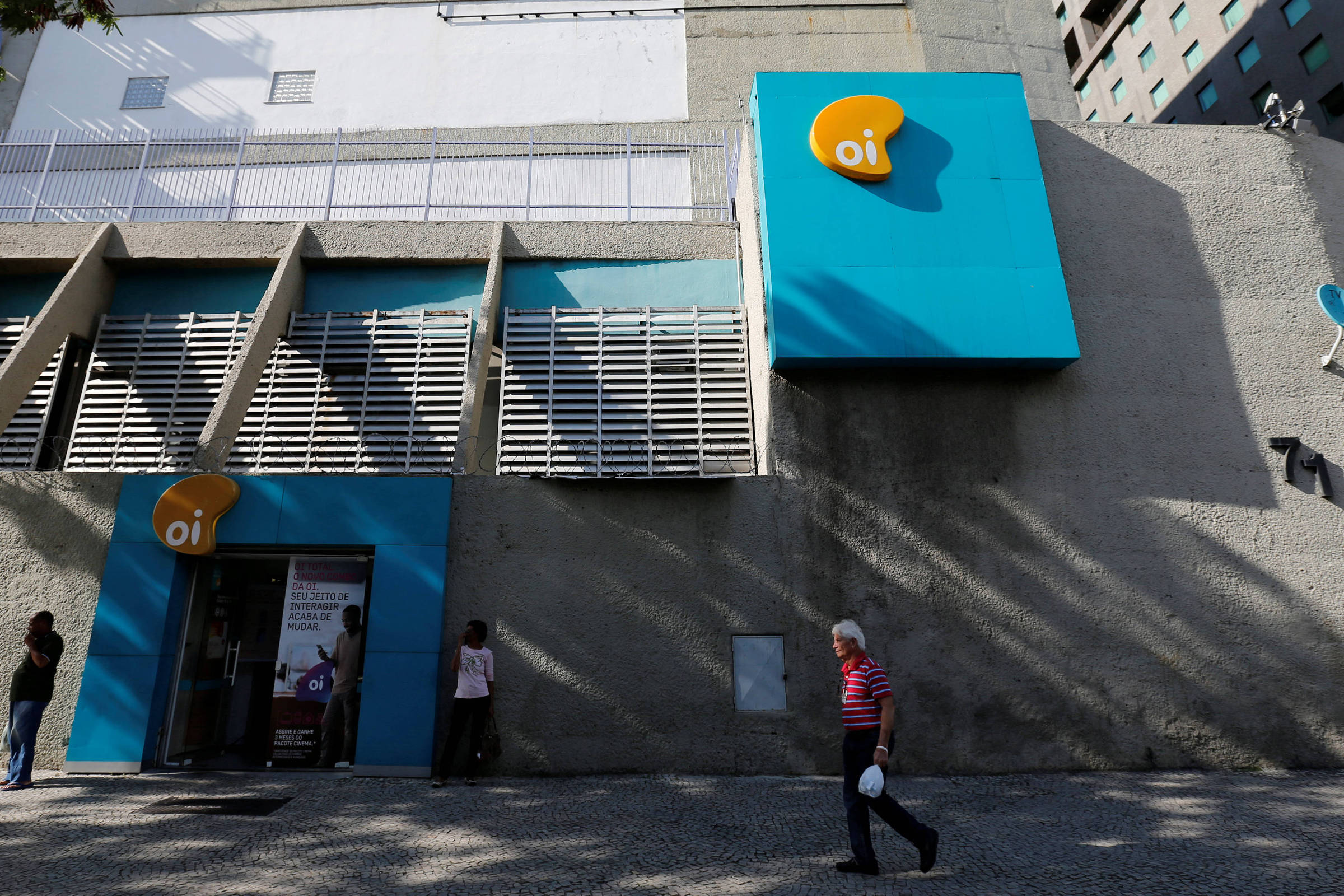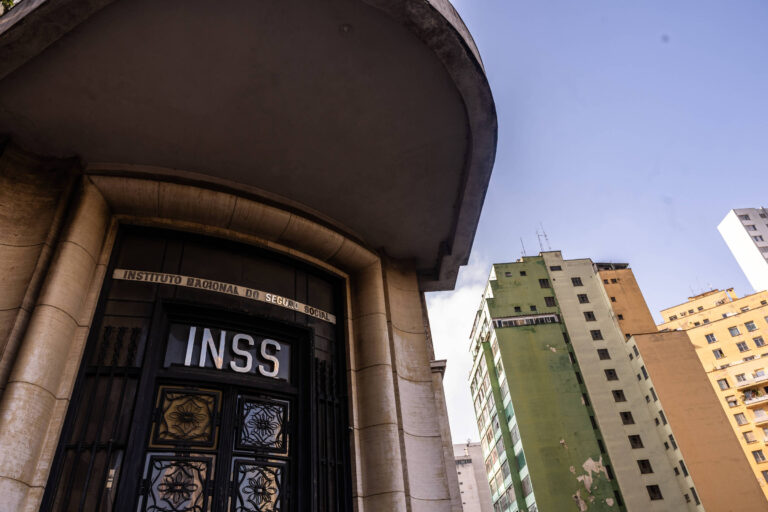
A Rio de Janeiro court declared Grupo Oi bankrupt on Monday (10th) this week, allowing the telecommunications company to continue operating in the interim. According to the decision, its purpose is to ensure “connectivity with the population and with numerous strategic public and private entities.” There is no deadline set.
The ruling by the 7th Business Court of the Rio de Janeiro Court of Justice came after Telecom applied for recognition of bankruptcy last Friday (7th).
Following the declaration of bankruptcy, the Rio de Janeiro court ordered a stay of all litigation and enforcement against the company, and the company must submit a new list of creditors.
A debtor of a company may call a general meeting and constitute a committee of creditors.
The decision was made at the request of Oi, which told the court last Friday that the group was in a situation where bankruptcy was a possibility. The telecommunications company, once one of the country’s largest, was in the midst of its second judicial recovery.
The statement, signed by the company’s judicial administrator Bruno Rezende, pointed to the company’s inability to repay its debts and non-compliance with the judicial restructuring plan.
The administrators and the group requested the court to maintain operations in the interim until the services provided are fully transferred, should judicial liquidation be considered.
The document cites provisions of the Insolvency and Judicial Restructuring Act that, in the event of liquidation, allow the temporary continuation of the business with sufficient physical and personnel structures to guarantee the provision of services until the transition is complete.
The request followed Judge Simone Gastesi-Schbrand’s ruling at the end of September, partially anticipating the impact of the company’s bankruptcy and removing all directors of the operating company.
According to the relevant facts, the judicial administrator and the company realized that Oi was unable to shoulder its super-bankruptcy debts (debts incurred after the reorganization began) or generate sufficient cash to continue operating.
On Saturday (8th), Rio de Janeiro’s Public Ministry sent a non-binding opinion to Rio’s 7th Court, recommending that it subpoena the Union and Anatel (National Telecommunications Agency) to comment on the economic intervention in Oi.
Since the first judicial recovery in 2016, Oi has sold assets and scaled back operations. The fiber optic unit was converted to V.tal and is now managed by BTG Pactual. The Oi Fibra brand has been renamed Nio. The pay TV business was then sold to Mileto Tecnologia.
The carrier also maintains the Oi Soluções division, which provides cloud, digital security and Internet of Things services, targeting the enterprise and government sectors. Even so, the company was unable to regain its financial standing.
In 2024, Oi will cease operating as a fixed-line telephone concession operator, lose its obligation to offer public plans, and operate only in areas where it is the only private provider under a contract valid until 2028.



